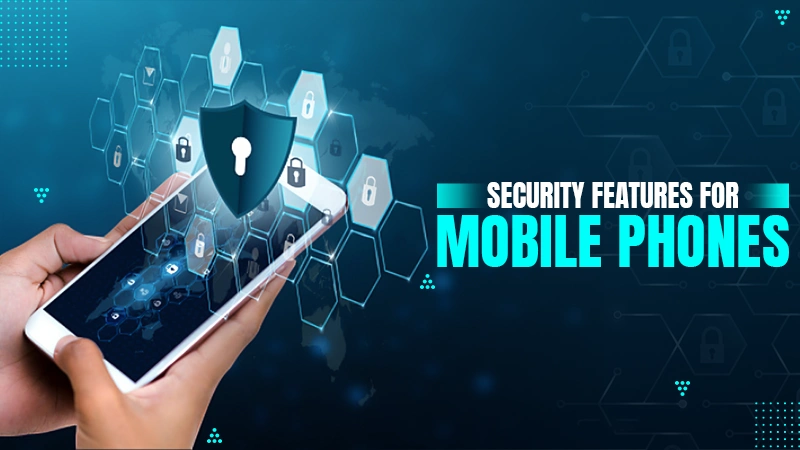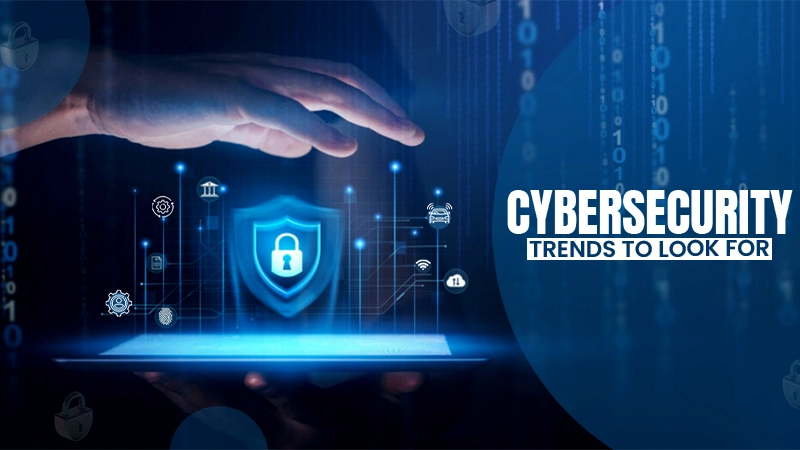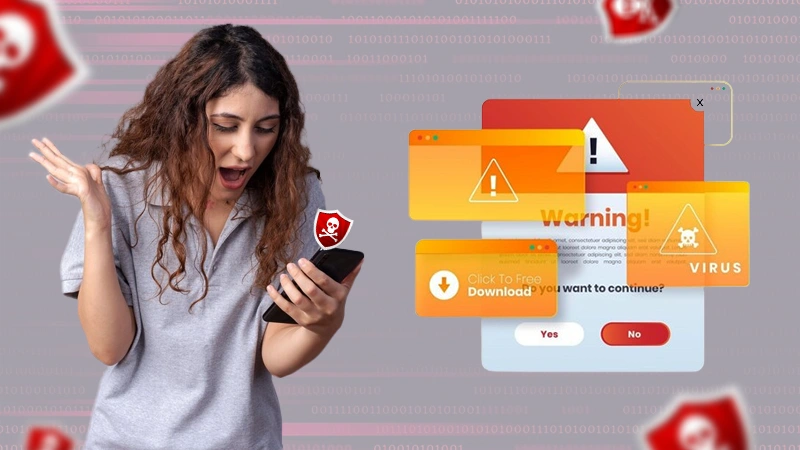The Internet is not a safe place for anyone. No matter how many security measures you opt for, it is important to realize that when you log in on the internet, you’re voluntarily exposing information and risking vulnerability.
Of course, the internet has many more merits than problems, which is exactly the reason we all continue to indulge in cyberspace otherwise it could’ve ended up a fad (as predicted in the early 90s) and jaded like most other technical advancements with time.
Of course, the internet has many more merits than problems, which is exactly the reason why we all continue to indulge in cyberspace otherwise it could’ve ended up a fad (as predicted in the early 90s) and jaded like most other technical advancements with time.
With such a massive role in our current lifestyle, it is impossible to completely absolve yourself from the internet world. What you can do, however, is take precautions and implement methods to add layers of security to protect your personal information from being misused. It would be too optimistic to believe that one can completely hide their digital footprints, but what one can do successfully is reduce the size and ensure safety to the best of their capacity.
In recent years, the debate surrounding digital safety has volumized, with voices being raised from both rights and left side followers. It is normal to be worried about your personal information being leaked without your consent or knowledge. You never know when your information could be used by cybercriminals to conduct unauthorized activities and other despicable actions.
For this, special security measures are taken, like investing in a free VPN for macOS to keep you protected. But before getting into that conversation, let’s take an overview of the digital space and the footprints you leave behind.
Digital Footprints
You can describe digital footprints as both active and passive – one is the one that you voluntarily share yourself via social media and the other one is acquired through your IP address and other browsing tools. There are companies that seek active and passive digital footprints to support targeted ads and improve their marketing strategies.
Of course, these actions are nonconsensual and unauthorized, to say the least. Hence, it is almost vital to maintain top security and reduce digital footprints while you navigate and use the internet. So, here’s the real question: How do you reduce your digital footprints? Well, we’ve provided you with some tips and tricks through which you can reduce your digital footprints and increase your security.
Delete Old and Unused Accounts
Have you ever created an account because you simply want to gain access to a website? We’ve done that quite often, right? But these actions that we think so little of are actually the most dangerous. Therefore, the first thing that you should do to reduce your digital footprint, is to delete all the accounts that you have on the internet – whether you do it for online shopping or have subscribed to websites where you no longer consume the data.
Don’t Share Your Email Address
You could be online shopping or seeking access to a website, whatever may be the reason. It is important for you to realize that once you give out your email address to a third party; you risk your data significantly. Be smart when it comes to sharing your email address. There are so many traps that you could fall into, not to forget, receive and open unsolicited emails that could possibly be cybercrime trappings.
False ID
This is a follow-up to the previous point, always have a fake email address. There are so many services that you have to subscribe to knowing you will never come back – you know, for a one-time purpose, but once you share your actual email address, the emails would keep dropping on your email address and risk your security. Thus, it’s best to avoid this by having a fake account made from fake information.
Stop Using Your Facebook credentials everywhere
Most services today ask for your Facebook login as sign up and that could lead to a lot of vulnerability, mainly because it’s your social media account, and Facebook has all of your personal information. Now think about whether you are ready to make all of that information readily available to just about any random website.
Avoid Sharing excessive information
The most obvious tip that will ensure your security is to not risk anything by not revealing it in the first place. There are people online who voluntarily share their personal information and make it public without thinking twice. This is a dangerous habit and no matter how comfortable you are with sharing your information, it could lead to a lot of problems in the future. Hence, it’s best to avoid sharing personal information.
Use a VPN
The best and most effective tool to ensure safety is to utilize a Virtual Private Network. Most companies and offices rely on this tool as it helps them ensure their confidential files and secure connections without risking any of the data. You should invest in a premium VPN that provides you with a layer of protection and a protected IP address so that your personal information is never compromised.
In Conclusion
Therefore, to maintain a secure presence online, you should follow the tips mentioned below. Only share information you are comfortable with and that too privately, use a VPN, delete old and unused accounts and create fake ones for short-term use.






